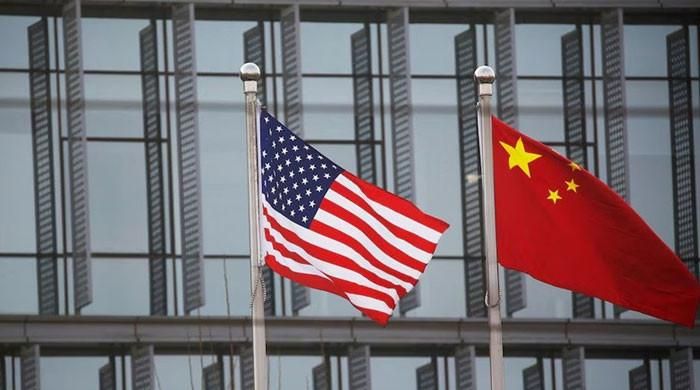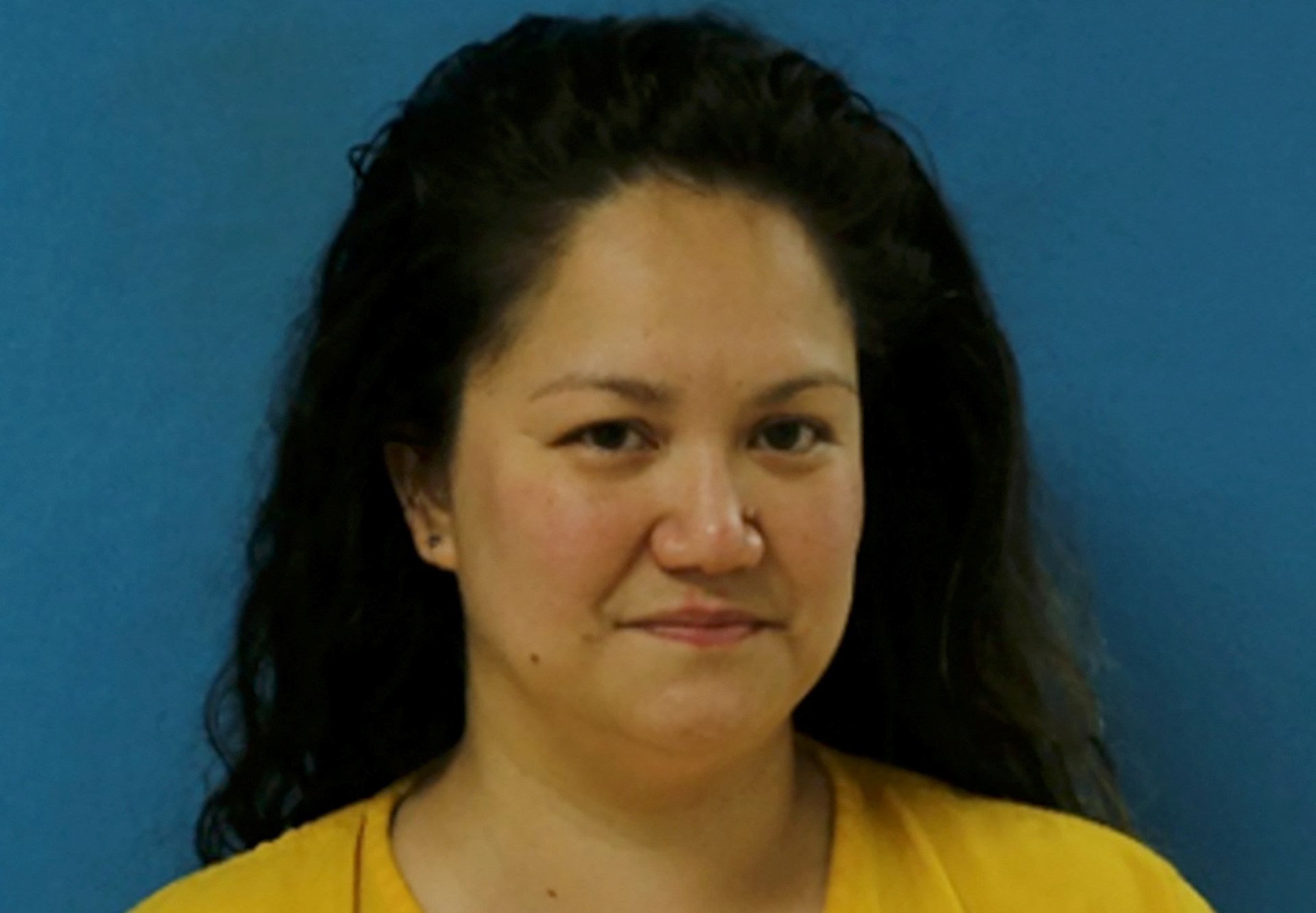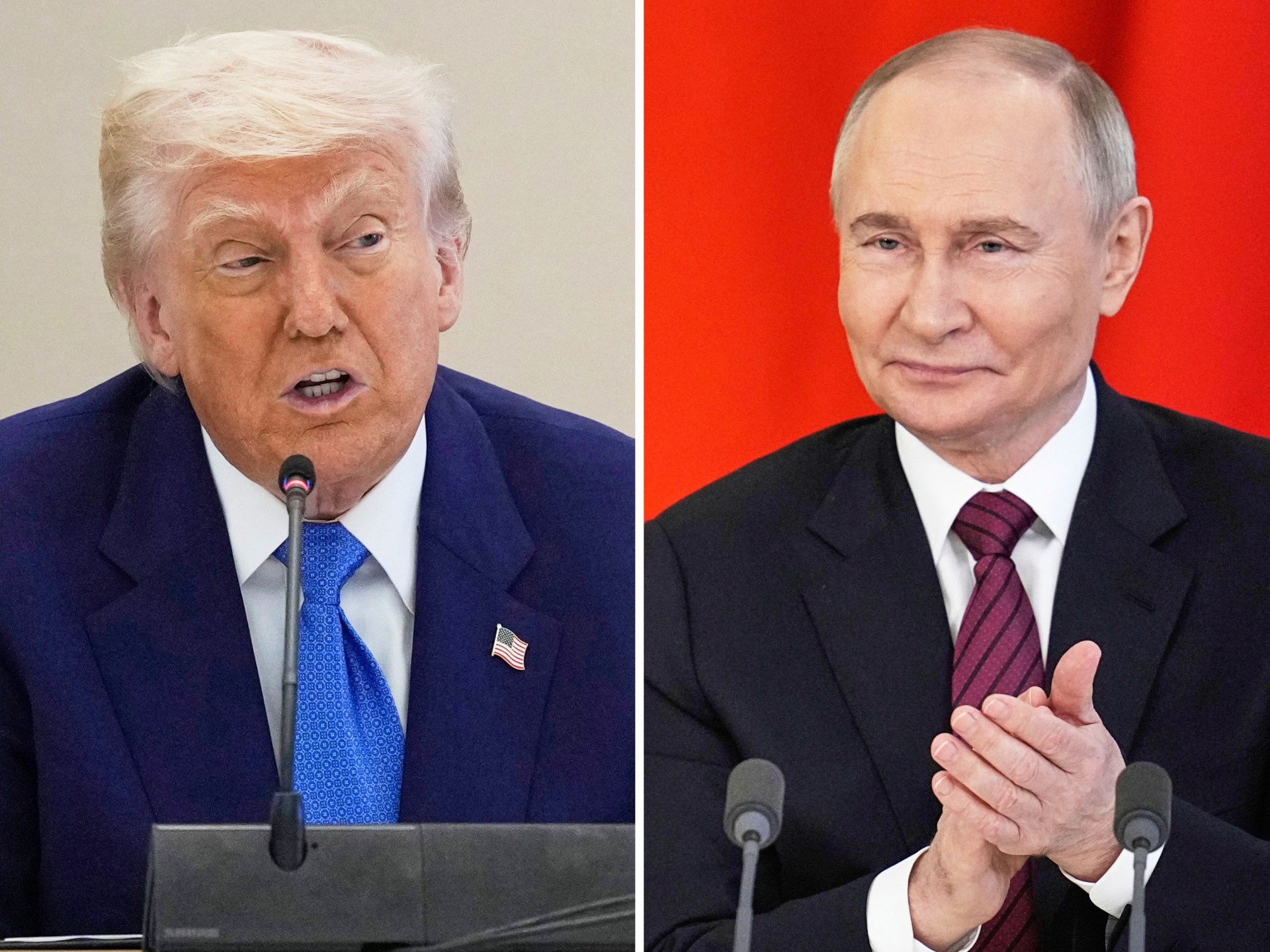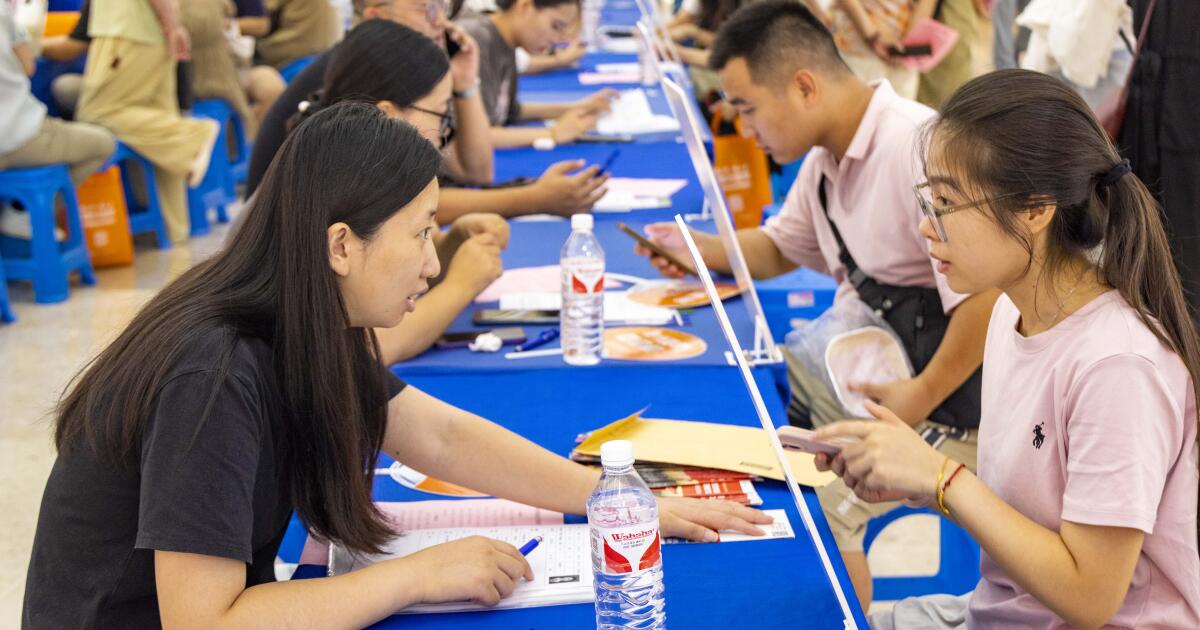BEIJING: Ahead of White House national security adviser Jake Sullivan's arrival for high-level talks, China on Tuesday reacted to US sanctions imposed over the Ukraine war, calling the move “illegal and unilateral” and “not based on facts.”
Earlier today, Sullivan arrived in Beijing for a three-day visit to conduct a new round of strategic communication between China and the United States.
Beijing's response, meanwhile, follows Washington's imposition last week of sanctions on more than 400 entities and individuals for supporting Russia's war effort in Ukraine, including Chinese companies that U.S. officials say are helping Moscow evade Western sanctions and build up its military.
President Joe Biden's administration has repeatedly warned Beijing about its support for Russia's defense industrial base and has already issued hundreds of sanctions aimed at curbing Moscow's ability to exploit certain technologies for military purposes.
China's special envoy for Eurasian affairs, Li Hui, who has conducted four rounds of shuttle diplomacy, opposed sanctions at a briefing for diplomats in Beijing after the latest round of meetings with officials from Brazil, Indonesia and South Africa.
“A certain country uses the crisis […] “To shift blame in an attempt to fabricate the so-called China responsibility theory and threaten countries that have normal economic and trade ties with Russia with illegal and unilateral sanctions,” Hui said.
The Chinese official did not name the United States, but Beijing's Commerce Ministry said Sunday it was firmly opposed to sanctions and the Foreign Ministry has expressed similar opposition to previous rounds of restrictions.
Last week's sanctions include measures against Chinese companies involved in the shipment of machine tools and microelectronics to Russia.
“These words and actions are entirely for their own selfish interests and are not based on facts; the international community will never accept them,” Hui added.
China has been keen to portray itself as a party actively seeking a solution to the conflict, despite not attending a Swiss peace conference in June.
Following previous rounds of talks led by Hui, Beijing put forward proposals to support the exchange of prisoners of war, oppose the use of nuclear and biological weapons and oppose armed attacks on civilian nuclear facilities.
More than a year ago, in a 12-point document, China laid out general principles for ending the war, but did not go into details.
China and Brazil have jointly called this year for peace talks between Russia and Ukraine. On Tuesday, the Chinese official expressed hope that more countries would support China's peace efforts.












